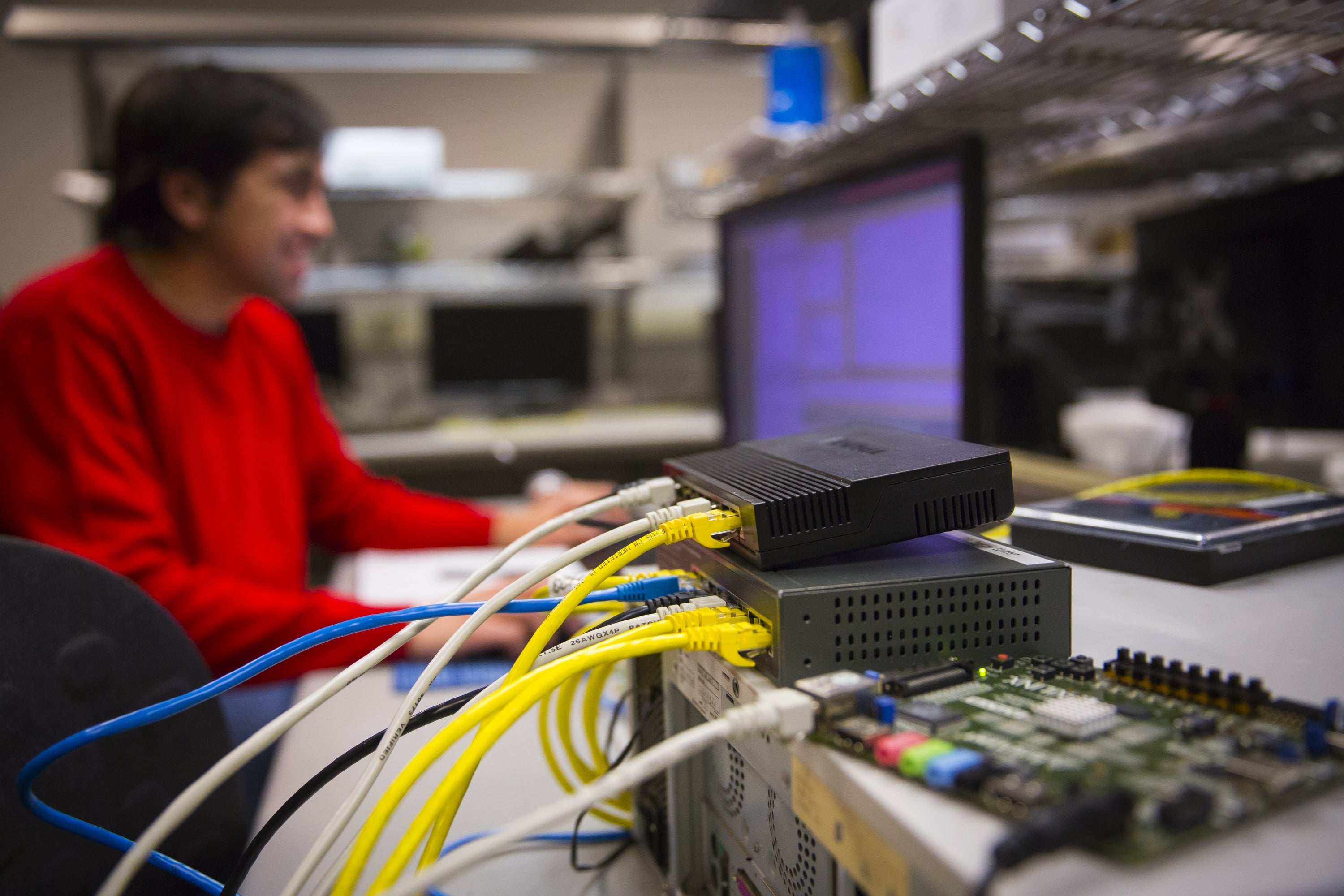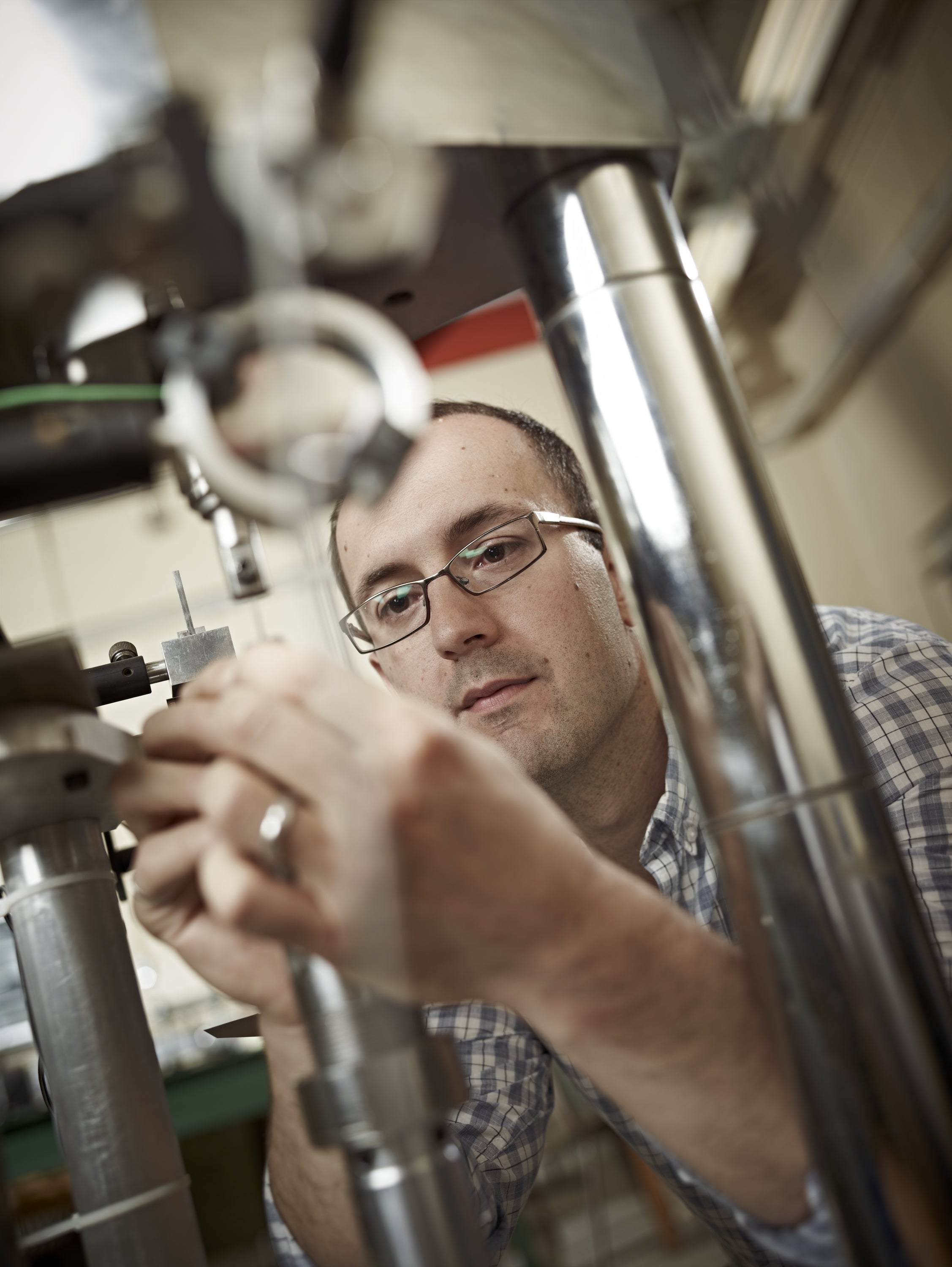
Excerpt of article published October 31, 2013, Written by Caroline Winter
Recent engineering graduate Mike McCauley is living the dream. During his senior year, he and two classmates launched BufferBox, a delivery service that lets consumers send packages and online purchases to secure locations for pickup. After college, the startup was accepted into the Silicon Valley incubator Y Combinator, then Google (GOOG) acquired BufferBox for north of $25 million, according to TechCrunch (AOL). “I remember waking up one day and just thinking to myself, things really couldn’t get any crazier,” McCauley says. “All this is happening, and I’m not even 25.”
It’s a familiar story in the Valley, except that McCauley isn’t the product of Stanford University or the Massachusetts Institute of Technology. His alma mater is the University of Waterloo—as in Waterloo, Ont., home to BlackBerry (BBRY), one of the biggest flameouts in tech history.

In Canada, Waterloo University is still a source of national pride. It’s been voted the country’s most innovative school for the past 21 years by the Canadian magazine Maclean’s. The engineering program, where tuition runs $12,200 per year, has emerged as a farm system for Silicon Valley companies such as Tesla Motors (TSLA), Twitter, and Facebook (FB). Last year an estimated one-third of Waterloo’s graduating software engineers received job offers from U.S. companies, says Dean of Engineering Pearl Sullivan, adding that Silicon Valley executives often fly into town to drop off business cards. “The University of Waterloo is among the top few universities Google recruits from around the world,” says Steve Woods, Google’s director of engineering in Canada. “UW graduates do well.”
Waterloo is a sleepy, postindustrial city of 100,000, a little less than 200 miles northeast of Detroit. BlackBerry’s co-founder, Mike Lazaridis, dropped out of the electrical engineering program, but over the years he’s provided the school with regular access to his company’s research labs—and with more than $120 million to fund projects, including the construction of quantum computing facilities. Google is among the U.S. tech companies that have opened local offices. During BlackBerry’s glory years as a smartphone pioneer, its success helped fuel a boom in local startups eager to recruit UW grads. There were only a handful of such startups in the area in 2000; this year there are almost 700, according to startup coalition Communitech. While the region had only 50 tech firms in 1997, it now has 1,000 that collectively generate at least $30 billion in annual revenue.

Waterloo has long attracted professors by promising them full intellectual-property rights for their inventions—a rarity in academia. Dave Dietz, director of the University of Waterloo’s engineering research, says Lazaridis’s... Read the rest of the article